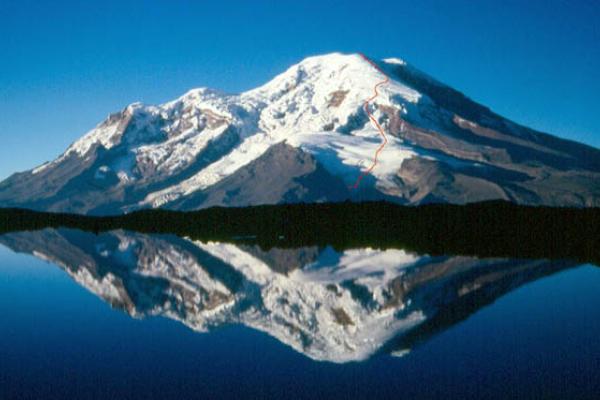
Climate change will impact hydrological systems worldwide, and human societies will face increasing water resource vulnerabilities as a result. One key concern is the potential downstream impact of glacier recession in the world's tropical and temperate mountains. For communities at the foot of Ecuador's ice-capped volcanoes, glacial meltwater is a potentially important comopent of irrigation supply, and residents observe the region's rapidly retreating glaciers with mounting concern. In this dissertation, I present results from a uniquely integrative study examining the relationships between glacier retreat, hydrological change and water resource insecurity at Volcán Chimborazo. Combining remote sensing analyses, direct hydrological measurements and detailed household surveys, I report on the recent rate of glacier shrinkage, the role of glacial meltwater in the local hydrological system, the increasing insufficiency of water entering local irrigation systems, and the livelihood adaptations made necessart by increasing water stress.
